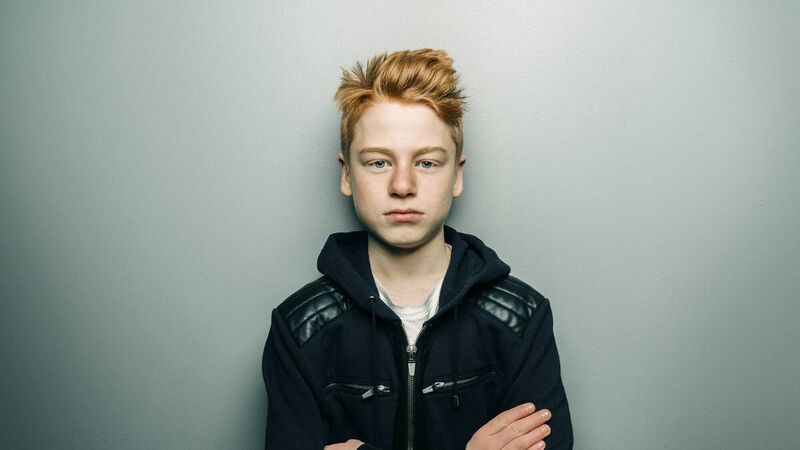Stuck in the middle with you: How parents and children can get through the 'tween' years

Pre-teens begin to see the good and bad in people — the ones they’re friends with can be fun, but also mean and nasty. Picture: iStock
Try from €1.50 / week
SUBSCRIBENot long ago, she got invited to Paw Patrol-themed birthday parties. Now, your 11-year-old is receiving invitations to pamper parties with beauty treatments. Only a few years ago she watched Shaun the Sheep — now she’s making TikTok videos.
The tween stage can catch parents off guard. And it can be equally disorientating for children — that nine to 12-year-old cohort who are on a bridge between young childhood and the teens. It’s a steep trajectory and child psychotherapist Colman Noctor says children can be at different stages of it. “Some will enter it much quicker. They’ll be racing towards the teens, while others will cling to childhood — hold onto the Lego, the stuff they enjoy that’s no longer deemed cool by the others.”
Already a subscriber? Sign in
You have reached your article limit.
Annual €130 €80
Best value
Monthly €12€6 / month
Introductory offers for new customers. Annual billed once for first year. Renews at €130. Monthly initial discount (first 3 months) billed monthly, then €12 a month. Ts&Cs apply.
CONNECT WITH US TODAY
Be the first to know the latest news and updates
Newsletter
The best food, health, entertainment and lifestyle content from the Irish Examiner, direct to your inbox.
© Examiner Echo Group Limited